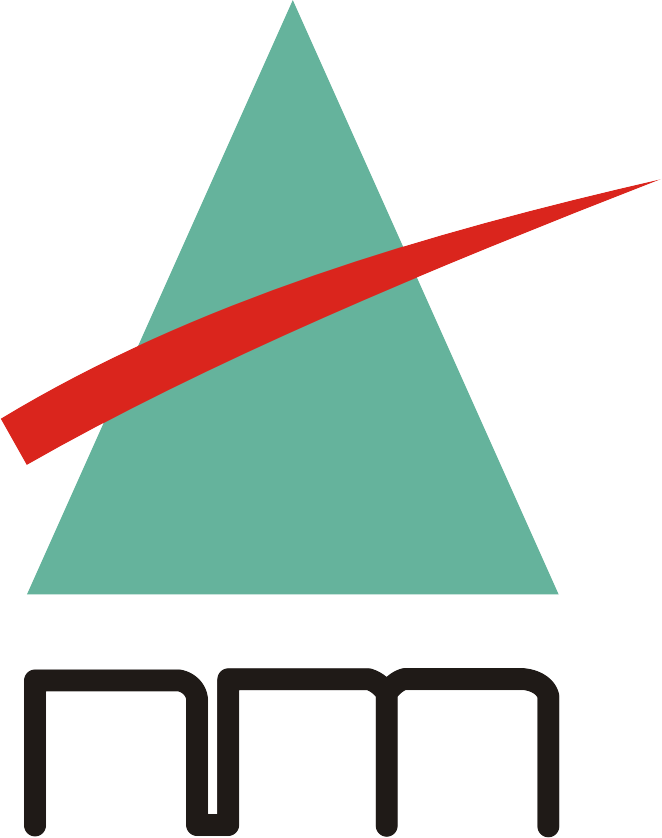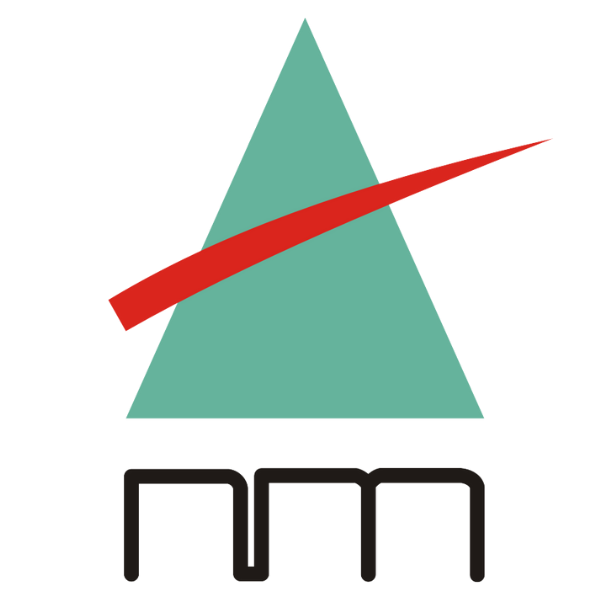Performance Appraisal in an Integrated Steel Plant
Success stories that created impact in the last 25 years
Executive coaching is a facilitated learning process within a triadic relationship between a professional executive coach (the coach), an executive (the client) and their organization (the sponsor). ANM’s coaching focuses on behavioral change and is typically a tailored intervention designed to meet certain developmental and behavioral change goals. Our area expert coaches act as facilitative change agent, sounding board and challenger, primarily working one-to-one with and in support of the client in a collaborative equal partnership within a confidential creative space.
Executive Coaching in Real Estate Group of Companies
Real estate, being project based organization; one of the most prevalent hurdles for sector is that of the human resource development challenge. The sector has a lack of quality talent which stems from the absence of specialized real estate education, resulting in the absence of much needed fresh skilled manpower entering the sector. The goal of executive coaching is to create sustained change in the client’s key employee’s behavior, skills, beliefs, values, identity, purpose and performance for the benefit of the organization. Coaching is not therapy or counseling. Unlike many types of therapy, coaching is focused on the present and the future and not on old issues or roadblocks.
The objective of this kind of approach is to enable the organization create a culture of performance management, develop human talent, and foster skill development through mentoring thereby enhancing individual performance of each participant.
During the Executive Coaching, the ANM’s approach concentrated on:
- A voluntary, confidential, one to one relationship in which an individual is supported by someone experienced and trained in coaching who helps them to learn, and unlock their potential and achieve personal goals
- Operated outside the line management structure, using skilled coaches from within or outside the organization
- Coach helped the coach to achieve a mutually identified set of goals.
- Developed self awareness, skills, knowledge and change behavior among identified potential Managers.
- It contributed to their improved performance, motivation and work life balance.
This has been a powerful method of supporting people in their personal and professional development. It has been useful in a period of organizational change and development. The outcome is that it not only improved self awareness and self development, flexibly address issues specific to the learner, but also supported the learning culture in the organization.

